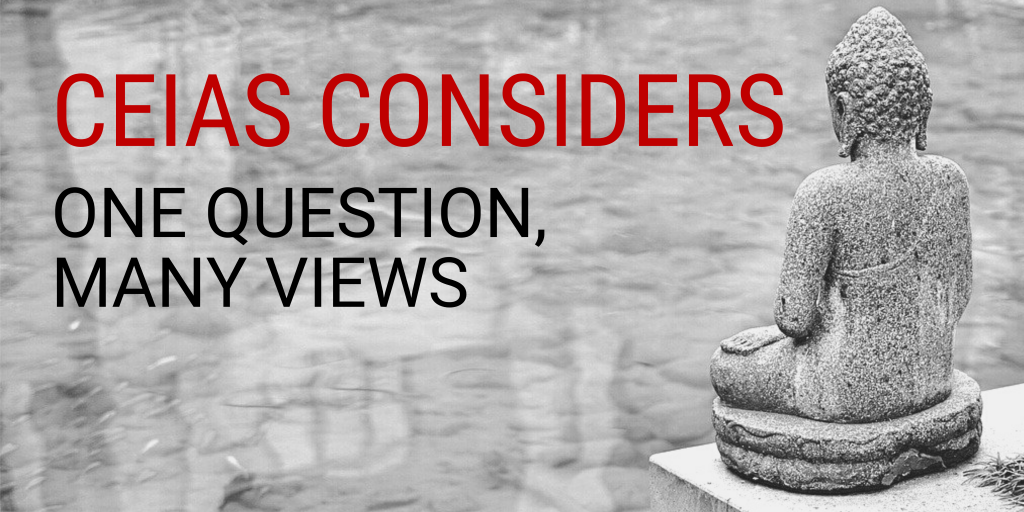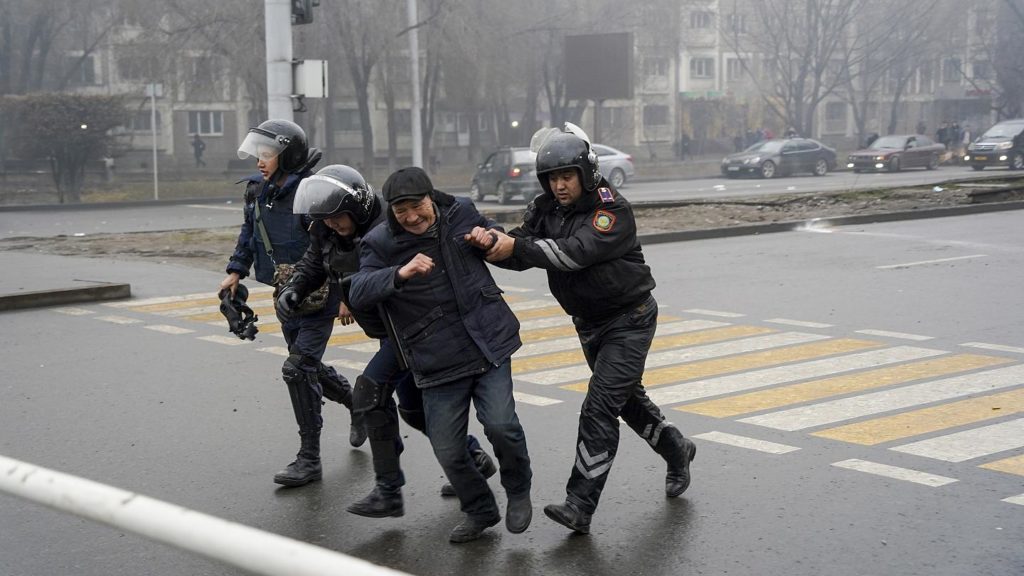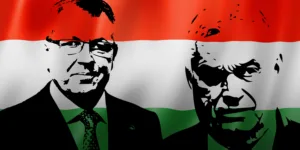
What the Kazakhstan crisis tells us about international relations
This month, unrest and the threat of a coup put Kazakhstan in the global spotlight. President Kassym-Jomart Tokayev declared the unrest “an unprecedented act of aggression and assault on our statehood” and requested help from the Collective Security Treaty Organization (CSTO), a military alliance of six former Soviet countries. Russia quickly came to the government’s aid. But the rest of the international community either blinked or seemingly couldn’t care less. CEIAS Considers asked experts when the Kazakhstan crisis showed us about the current state of international relations.
Alica Kizeková
Senior researcher and head of the Asia Pacific Unit at the Institute of International Relations Prague
I do not see any impact on the Russia-China relations after this latest Kazakhstan crisis in the short term. China was consulted on the intervention and through the Shanghai Cooperation Organisation (currently presiding, and where Russia and Kazakhstan are members) also offered assistance. It was established years ago that the Collective Security Treaty Organization, involving post-Soviet states, would provide security guarantees in the region should a member state – in this case Kazakhstan – request help. The latest reports showcase that the leaders of the three countries found an agreement on the culprits of this crisis, identifying them as external forces that provoked the unrest. The Kazakh president labeled them as foreign-trained terrorists. Under the SCO guidelines, the member states are committed to fighting against extremism, separatism, and terrorism – the so-called “three evils”. As such a swift reaction would be welcome for all involved. At the end of the day, through the joint SCO missions similar scenarios were presented to troops from the SCO – Russian and Chinese militaries and governments were on board with how to respond in such cases. Interesting, however, will be to observe any future developments in relation to China’s increased activities in Central Asia, whether it will strengthen its security role, or will rely on Russia’s protections as well, should any escalations occur with the Western countries, or domestically, Beijing would face protests from its own citizens.
 Velina Tchakarova
Velina Tchakarova
Director at the Austrian Institute for European and Security Policy (AIES) in Vienna
The geopolitical crisis in Kazakhstan was overcome despite the ongoing internal dynamics related to the transition of power and social discontent resulting from the rise in energy prices. None of the main external actors was interested in a protracted crisis in Kazakhstan, which contributed to the rapid de-escalation. Russia has already announced the withdrawal of its troops after Kazakhstan was successfully stabilized through the deployment of the Collective Security Treaty Organization (CSTO) operation. China was preparing for the Olympic Games in early February, so Beijing was pleased with Russia’s swift engagement to de-escalate the situation on the ground. In fact, China and Russia regularly coordinate their positions within the Shanghai Cooperation Organisation (SCO) when it comes to dealing with potential terrorist activities or destabilizing events with dangerous repercussions in Central Asia. As a result, the China-led SCO sided with Russia and the CSTO, and statements by Chinese officials were consistent with Russia’s official position on the crisis. Another regional player with major interests in Central Asia is Turkey. However, Ankara was under great domestic pressure due to the ongoing currency crisis at home and has therefore been unwilling to commit economic or military resources to resolve the crisis. Turkey has major political influence in Central Asia but must first cautiously await the outcome of the transition of power in Kazakhstan. The US and the European Union have not been involved in the crisis management, mostly because they were focusing on the preparations for the US-Russia bilateral talks in Geneva, the NATO-Russia talks in Brussels, and the OSCE talks in Vienna due to Russia’s military escalation along Ukraine’s border. After the withdrawal from Afghanistan, America no longer has a military footprint in Central Asia. The EU is in fact an irrelevant geopolitical actor in Central Asia, although it has major geoeconomic interests in Kazakhstan (oil and uranium supplies).
Following Russia’s military involvement in Kazakhstan, Moscow has strengthened its negotiating position vis-à-vis the US in the run-up to the bilateral talks in Geneva, the NATO-Russia talks in Brussels, and the OSCE talks in Vienna which did not produce any valuable outcome. In reality, Russia’s preparations for a military operation are steadily advancing. By keeping Kazakh President Tokayev in power, Russia also gained immense leverage over Kazakhstan due to the country’s significant share of raw materials, its access to the Belt and Road, and its membership in the two main regional organizations, the CSTO and the SCO. Russia’s military performance in rapidly and efficiently stabilizing the situation on the ground helps Moscow improve its regional position vis-à-vis the US and China amid the bifurcation of the global system and further military escalation in Eastern Europe. Russian President Putin will raise the price of Russia’s future engagements at the request of authoritarian regimes that want to stay in power. After Russia’s support for Syrian President Assad and Belarusian President Lukashenko, Kazakh President Tokayev is now the next leader to safeguard Russian interests on the ground and beyond. Certainly, China can benefit from Russia’s power projection in the near abroad and in Eurasia by offering economic and financial incentives once the situation is stable enough. Moscow is emerging as a valuable security provider crucial to China’s geo-economic interests in the region. Thus, Russia could play an indispensable role by becoming a global mercenary power for China’s interests amid the systemic rivalry between Washington and Beijing. Merging the activities and operations of the CSTO and the SCO could not only keep external actors out of Eurasia but also guarantee the survival of the Russian and Chinese presidents in the event of major social riots in the future. The Dragonbear may have just discovered a successful formula of task sharing (Russia is the security provider, China is the financial provider) that can become a pattern in other parts of the world.







